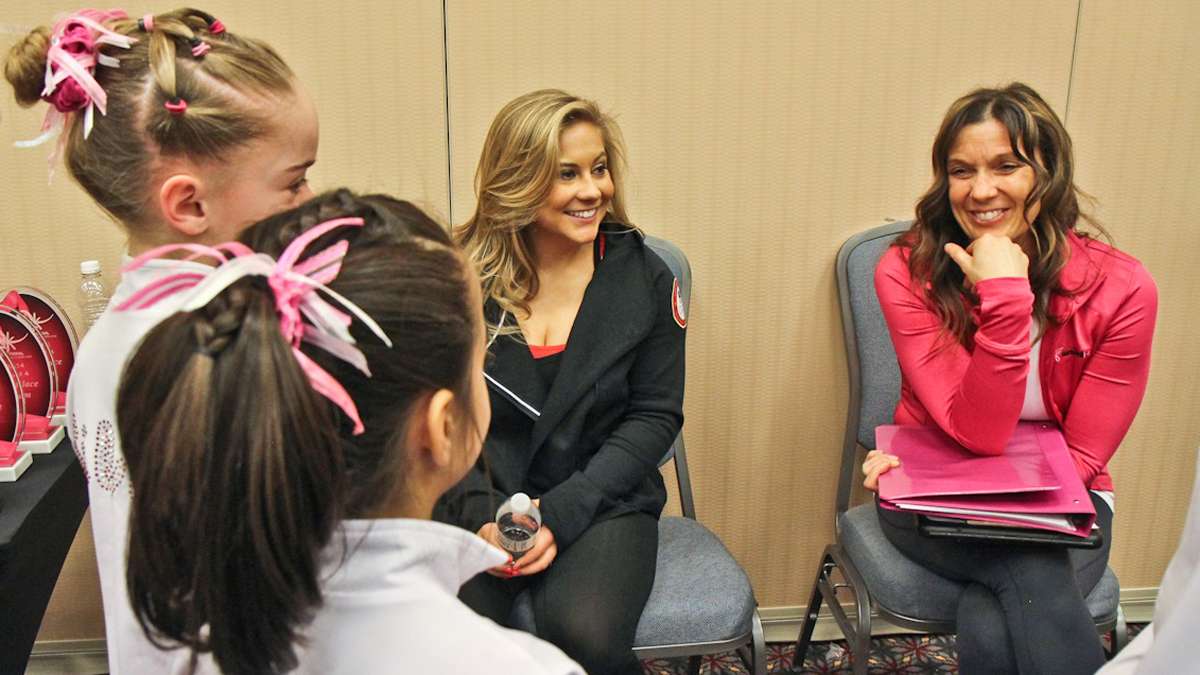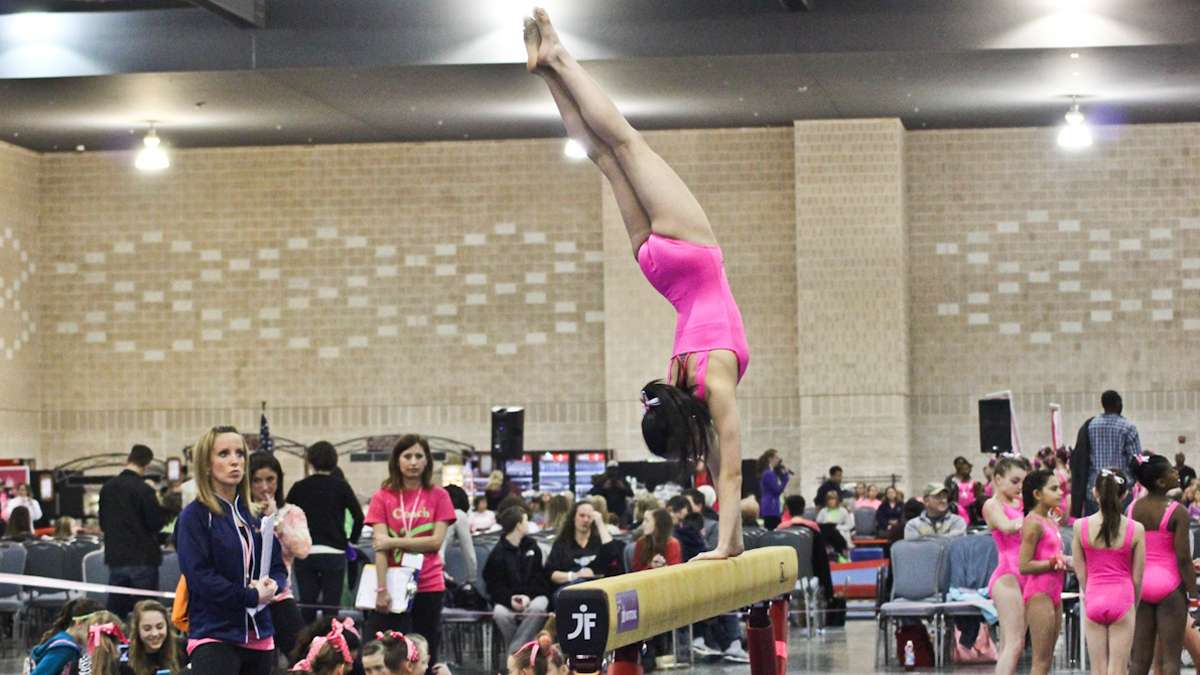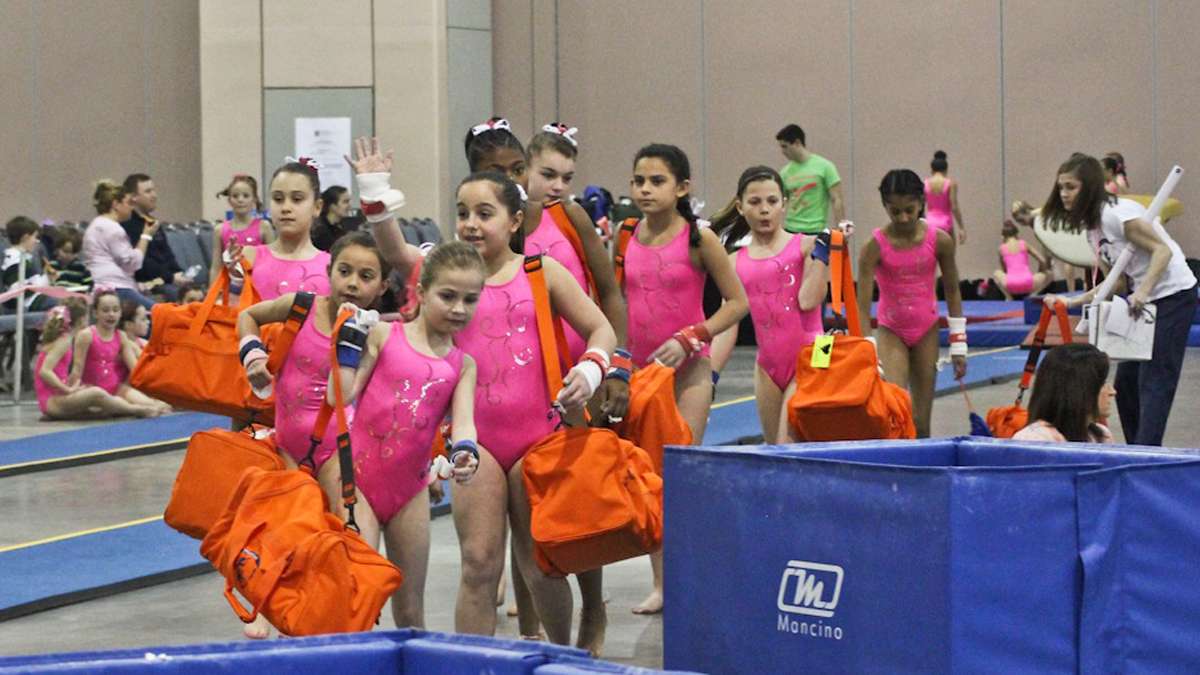Tickets didn’t work so Philly police turn to Twitter to defuse snowy parking conflicts
ListenIn January, a woman on Twitter asked Philadelphia police if there would be consequences for saving a shoveled-out parking spot with a chair.
“Are you going to arrest my lawn chair?” she tweeted.
“Your lawn chair will be thrown in jail with its accomplices, Orange Cone and Trash Can. #NoSavsies,” the @PhillyPolice account quipped back.
That was the moment, Sgt. Eric Gripp said, when he knew the police department’s latest social media campaign had arrived. It is aimed at discouraging residents from the widespread, but illegal practice of saving parking spaces with furniture and other items.
“I was very happy to see that got retweeted several hundred times,” said Gripp, who was manning the @PhillyPolice account at the time. “It just kind of went from there.”
The hashtag #nosavesies has popped up all over the Internet ever since. Pro- and anti-savesies advocates have passionately defended their points of view on social media. Photos have been posted online of parking spots being held with toilets, stuffed animals and a whole host of other inappropriate objects.
But has the police department’s modern-day public service announcement made a difference?
Sgt. Gripp said the campaign has reached residents who did not previously know it is illegal to save parking spots with furniture.
“We’re just trying to educate people,” he said, “because there are people out there who honestly did not know that they were not allowed to do this.”
He hopes the campaign will also prevent parking disputes from ending in violence. Before starting his current gig as the police department’s digital and social media manager, Gripp worked at a South Philly police district that was often slammed with calls about such arguments after snowstorms.
“What would start as a disagreement over placement of a cone or lawn chair would sometimes lead to a physical altercation,” he said. “That’s something we’re looking to avoid.”
The social media campaign has not been accompanied by aggressive enforcement, however. Officer Jillian Russell, a spokeswoman, said police rarely issue tickets because it is difficult to prove who, exactly, saved a particular parking space with a piece of furniture.
(Police said it would be nearly impossible to determine the precise number of tickets issued annually for illegally saving parking spots because the practice violates several unspecific laws, such as littering and obstructing roadways.)
To be sure, the police department’s social media push is not convincing everyone. During a snowstorm this month, South Philly resident Joe Stibbins said he was familiar with the campaign, but would still save a dug-out parking spot with a cone.
“It’s not fair,” Stibbins admitted. “It’s just necessity. … It’s a necessity in order to park my car somewhere tonight because tonight when I get back there might not be no spots.”
Susan Silbey, a sociology professor at the Massachusetts Institute of Technology, said it has not been easy for city governments to stop the time-honored tradition of saving shoveled-out parking spots. She has written about the practice in the Journal of Comparative Law.
In 2003, Boston’s then-mayor Thomas Menino told municipal workers to toss out all items being used to save parking spaces. In response, Silbey said angry residents saved spaces with items that the city did not typically pick up for trash.
“They put out televisions. They put out refrigerators,” she said. “That’s a form of citizen resistance.”
Sgt. Gripp said he’s familiar with the challenges of ending the “savesies” phenomenon, and is in it for the long haul: “We’re not trying to change people’s mindsets overnight.”
He is hoping Philadelphia officials won’t have to resort to directing leagues of city workers to remove furniture from the streets, though. He said a lot of family heirlooms would be lost if that happened — seriously, people use those as space-savers, too.
“You name it,” he said, “we’ve seen it. It’s been placed out there.”
WHYY is your source for fact-based, in-depth journalism and information. As a nonprofit organization, we rely on financial support from readers like you. Please give today.









